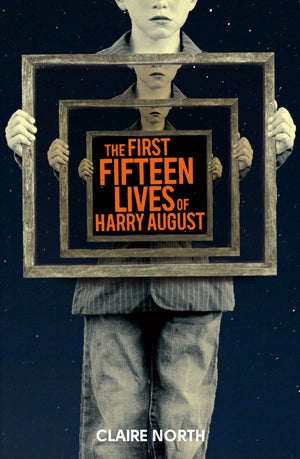There are times I think I'm in a room full of Darwin Award winners. Speaking of Darwin Awards, in case you didn't catch them, here are the 2013 winner and his runner-ups:
1. When his .38 caliber revolver failed to fire at his intended victim during a hold-up in Long Beach, California would-be robber James Elliot peered down the barrel and tried the trigger again. This time it worked.
2. The chef at a hotel in Switzerland lost a finger in a meat cutting machine and after a little shopping around, submitted a claim to his insurance company. The company, expecting negligence if not outright fraud, sent out one of its men to have a look for himself. He tried the machine and he also lost a finger. The chef’s claim was approved.
2. The chef at a hotel in Switzerland lost a finger in a meat cutting machine and after a little shopping around, submitted a claim to his insurance company. The company, expecting negligence if not outright fraud, sent out one of its men to have a look for himself. He tried the machine and he also lost a finger. The chef’s claim was approved.
4. After stopping for drinks at an illegal bar, a Zimbabwean bus driver found that the 20 mental patients he was supposed to be transporting from Harare to Bulawayo had escaped. Not wanting to admit his incompetence, the driver went to a nearby bus stop and offered everyone waiting there a free ride. He then delivered the passengers to the mental hospital, telling the staff that the patients were very excitable and prone to bizarre fantasies. The deception wasn’t discovered for 3 days.
5. An American teenager was in the hospital recovering from serious head wounds received from an oncoming train. When asked how he received the injuries, the lad told police that he was simply trying to see how close he could get his head to a moving train before he was hit.
 6.. A man walked into a Louisiana Circle-K, put a $20 bill on the counter, and asked for change. When the clerk opened the cash drawer, the man pulled a gun and asked for all the cash in the register, which the clerk promptly provided. The man took the cash from the clerk and fled, leaving the $20 bill on the counter. The total amount of cash he got from the drawer… $15.
6.. A man walked into a Louisiana Circle-K, put a $20 bill on the counter, and asked for change. When the clerk opened the cash drawer, the man pulled a gun and asked for all the cash in the register, which the clerk promptly provided. The man took the cash from the clerk and fled, leaving the $20 bill on the counter. The total amount of cash he got from the drawer… $15.
7. Seems an Arkansas guy wanted some beer pretty badly. He decided that he’d just throw a cinder block through a liquor store window, grab some booze, and run. So he lifted the cinder block and heaved it over his head at the window. The cinder block bounced back and hit the would-be thief on the head, knocking him unconscious. The liquor store window was made of Plexiglas. The whole event was caught on videotape.
 8. As a female shopper exited a New York convenience store, a man grabbed her purse and ran. The clerk called 911 immediately, and the woman was able to give them a detailed description of the snatcher. Within minutes, the police apprehended the snatcher. They put him in the car and drove back to the store. The thief was then taken out of the car and told to stand there for a positive ID. To which he replied, “Yes, officer, that’s her. That’s the lady I stole the purse from.”
8. As a female shopper exited a New York convenience store, a man grabbed her purse and ran. The clerk called 911 immediately, and the woman was able to give them a detailed description of the snatcher. Within minutes, the police apprehended the snatcher. They put him in the car and drove back to the store. The thief was then taken out of the car and told to stand there for a positive ID. To which he replied, “Yes, officer, that’s her. That’s the lady I stole the purse from.”
9. The Ann Arbor News crime column reported that a man walked into a Burger King in Ypsilanti, Michigan at 5 A.M., flashed a gun, and demanded cash. The clerk turned him down because he said he couldn’t open the cash register without a food order. When the man ordered onion rings, the clerk said they weren’t available for breakfast… The frustrated gunman walked away.

10. When a man attempted to siphon gasoline from a motor home parked on a Seattle street by sucking on a hose, he got much more than he bargained for. Police arrived at the scene to find a very sick man curled up next to a motor home near spilled sewage. A police spokesman said that the man admitted to trying to steal gasoline, but he plugged his siphon hose into the motor home’s sewage tank by mistake. The owner of the vehicle declined to press charges saying that it was the best laugh he’d ever had and the perp had been punished enough!
Those are the official ones. I'd like to add one from an idiot I knew, 40 years ago in L.A., who'd always wanted to steal a cop car. Well, one day he saw one with (for some unaccountable reason) an open back door: so he got in and pointed a gun at the cop sitting in the front. The cop's partner showed up... The guy's probably still in jail.























